
in New York & New Jersey
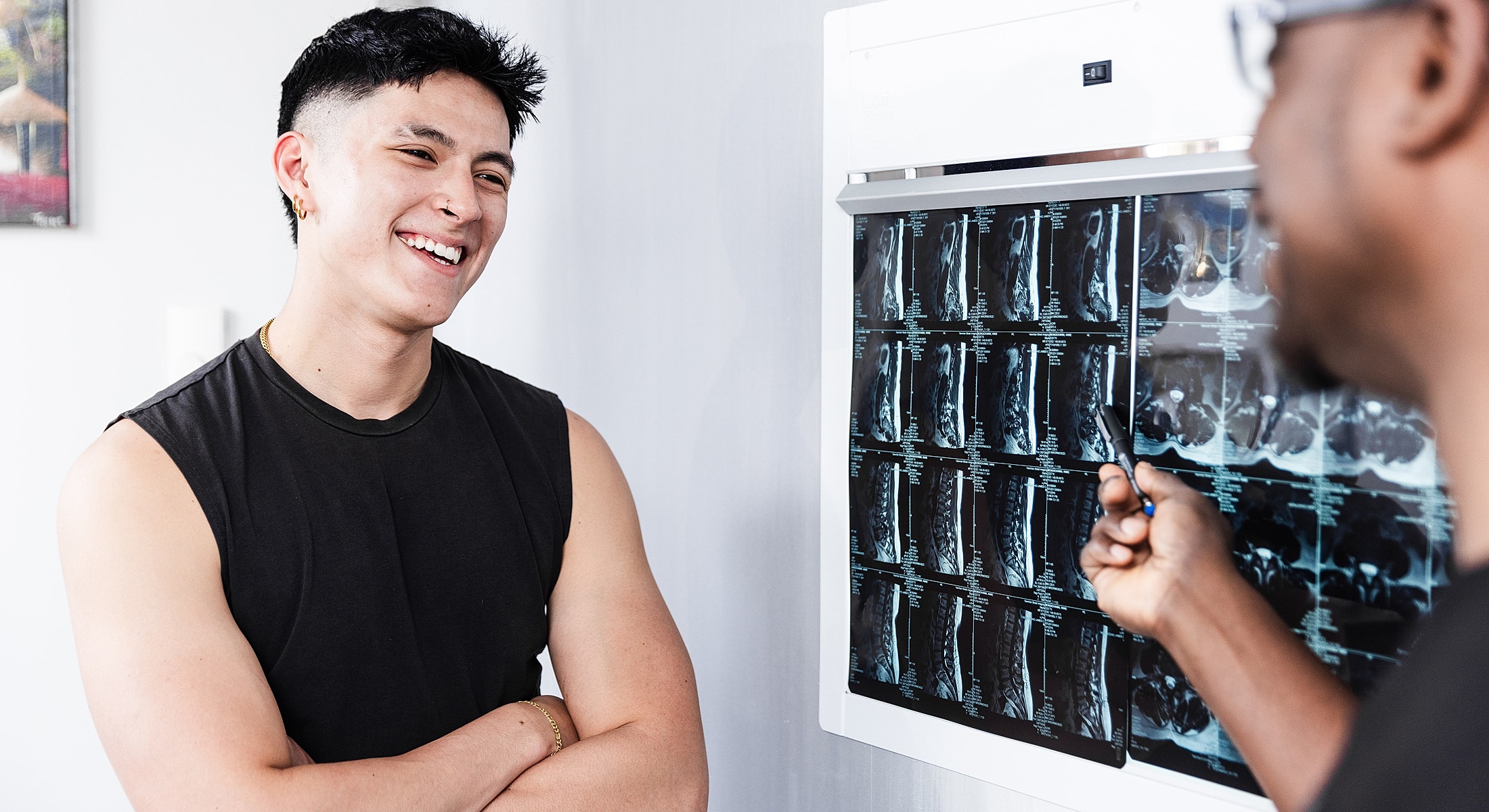

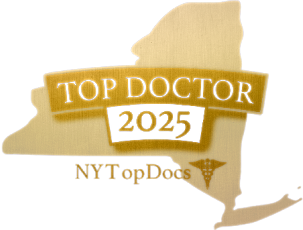

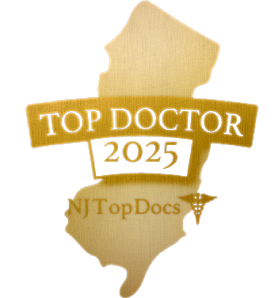
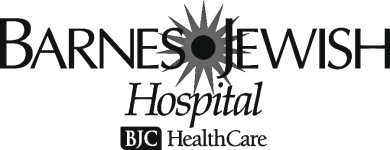
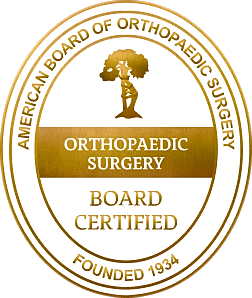

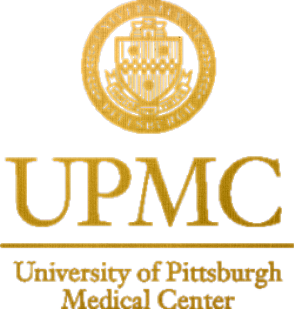








A herniated disc can start as a minor ache and quickly turn into sharp, radiating pain, numbness, or weakness that limits your ability to work, sleep, or move.
Whether it’s in your neck or lower back, the discomfort can feel overwhelming, especially if conservative treatments haven’t worked. At the Institute for Comprehensive Spine Care, we recognize the debilitating impact of a herniated disc. The discomfort, the restriction of movement, and the disruption of daily life can greatly affect your well-being. Led by the esteemed spine surgeon, Dr. Gbolahan Okubadejo, MD, FAAOS, we commit ourselves to a comprehensive range of our NYC & NJ herniated disc treatments and personalized care plans to alleviate your discomfort and improve your quality of life.
A herniated disc, also known as a slipped or ruptured disc, refers to a condition affecting the intervertebral discs, which serve as shock absorbers between the vertebrae of the spine. These discs have a tough, fibrous outer layer and a soft, jelly-like interior. A herniated disc occurs when the inner layer pushes out through a tear in the outer layer, potentially irritating or compressing nearby nerves, causing symptoms like:
The condition most frequently occurs in the lower back, particularly the lumbar spine, but can also occur in the neck or cervical spine. Symptoms vary depending on the location of the herniation and whether it is pressing on a nerve. It's worth noting that not all herniated discs cause symptoms; in fact, some people might not even be aware they have this condition until it is discovered during a routine physical exam or imaging study.

Aging: As we age, our intervertebral discs lose some of their water content, which makes them less flexible and more prone to tearing or rupturing with even a minor strain or twist.
Lifestyle Factors: Sedentary lifestyles or occupations that require heavy lifting or driving for long periods can increase the risk. In addition, obesity puts extra stress on the discs in your lower back, making them more susceptible to herniation.
Physical Strain: Lifting heavy objects, especially without using the proper techniques or without engaging the leg muscles, can put too much pressure on the lower back and result in a herniated disc.
Trauma: Accidents or injuries can cause enough pressure on the spine to result in a herniated disc. This could be from a fall, a sudden blow, or an accident.
Herniated discs can lead to or worsen a number of other spinal conditions, including sciatica, radiculopathy, spinal stenosis, degenerative disc disease, or disc extrusion or sequestration. Identifying the specific cause of your symptoms is critical to effective treatment.
Diagnosing a herniated disc starts with a thorough consultation. During your consultation for herniated disc treatment. NYC & NJ spine surgeon, Dr. Okubadejo, takes the time to listen to your symptoms, medical history, and any activities that may have triggered or worsened your discomfort.
Common signs like sharp or radiating pain, muscle weakness, tingling, or numbness—especially if they follow a nerve path in the arms or legs—can point toward disc involvement. A physical examination helps assess your reflexes, strength, and flexibility, and may include specific movement tests to see how your body responds to pressure on spinal nerves.
To confirm the diagnosis and pinpoint the exact location and severity of the disc herniation, Dr. Okubadejo may recommend imaging studies such as an MRI, which provides detailed views of the discs, nerves, and soft tissues. In some cases, X-rays or CT scans are used to rule out other conditions or evaluate the overall spine structure. This comprehensive, personalized approach ensures that any treatment plan is grounded in an accurate understanding of your spinal health and tailored to your specific needs.

Most herniated discs can be managed successfully with non-surgical care, especially when addressed early. At the Institute for Comprehensive Spine Care, Dr. Okubadejo often begins with conservative treatments focused on relieving pressure on the affected nerve, reducing inflammation, and restoring function. When symptoms persist or significantly impact your quality of life, surgical options may be considered to provide long-term relief and prevent further complications.
Timely treatment for a herniated disc can:
For many patients, early intervention with the right care plan means avoiding surgery entirely.
Whether you are a candidate for herniated disc treatment largely depends on the severity of your symptoms and how they affect your daily life.
If symptoms are severe enough to limit your daily activities or affect your quality of life, then you are likely a candidate for herniated disc treatment. It’s also important to note that symptoms such as loss of bowel or bladder control or severe or increasing weakness or numbness are considered emergency situations and require immediate medical attention. However, not all herniated discs cause symptoms, and not all require treatment. If you have a herniated disc but do not experience any symptoms, or if your symptoms are mild and do not affect your daily life, we may recommend a watch-and-wait approach. In such cases, you might not be a current candidate for herniated disc treatment, but your condition would be monitored for any changes.

Recovery depends on the type of treatment you receive. Many patients improve significantly with non-surgical care in 6-12 weeks. Aftercare often includes light activity, posture correction, stretching, and sometimes physical therapy. Whether you’re recovering from injections, discectomy, or a cervical procedure, the focus is on safe healing that supports long-term results.
When treatment is tailored to the root cause of symptoms, outcomes are highly favorable. Many patients see:
Whether your goal is to get back to work, exercise again, or simply sit through the day without discomfort, effective treatment can help you take your life back—without feeling like your spine controls your future.
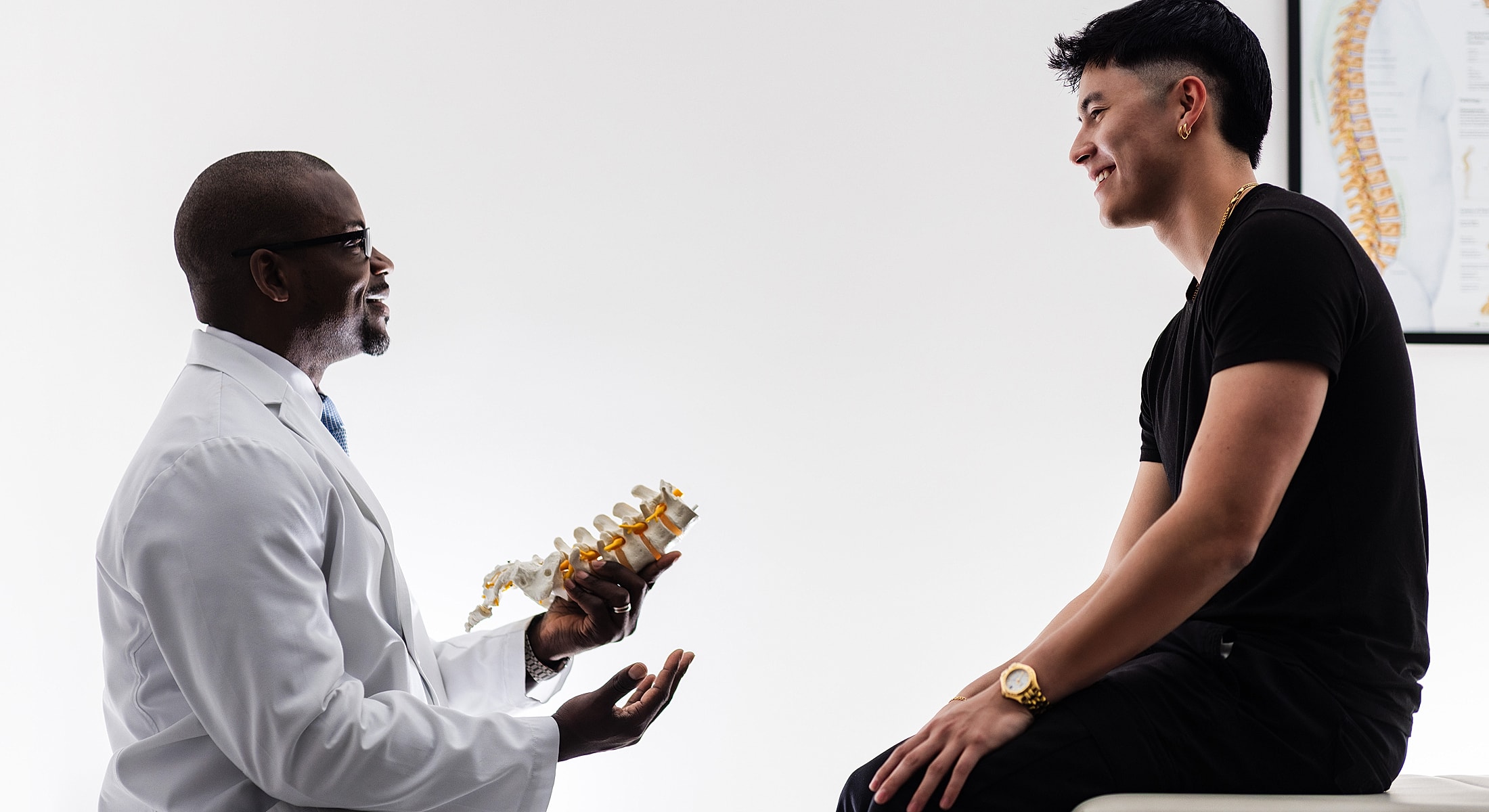
We understand that a herniated disc can significantly impact your life, and we are dedicated to helping you find relief. Through precise diagnosis and personalized treatment, you will receive continual support and education to effectively manage your condition.
Working together, we will create a tailored treatment plan that aligns with your specific needs and goals. Dr. Okubadejo and his team will guide you at each step, helping you achieve your desired outcome.
Dr. Okubadejo is recognized for delivering exceptional care and transformative results. Our patient testimonials speak volumes about our dedication to improving quality of life through expert spine care.
★★★★★
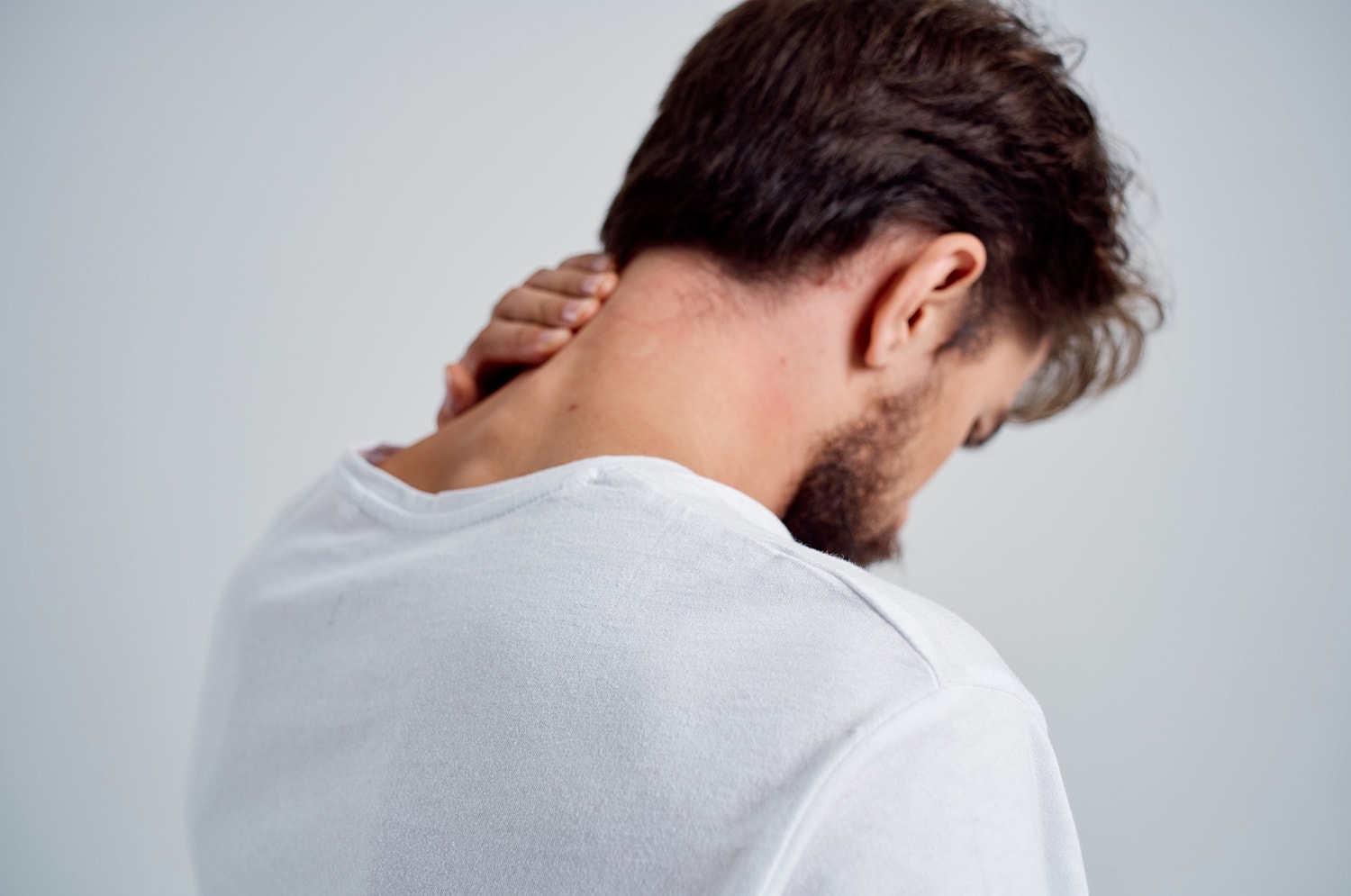
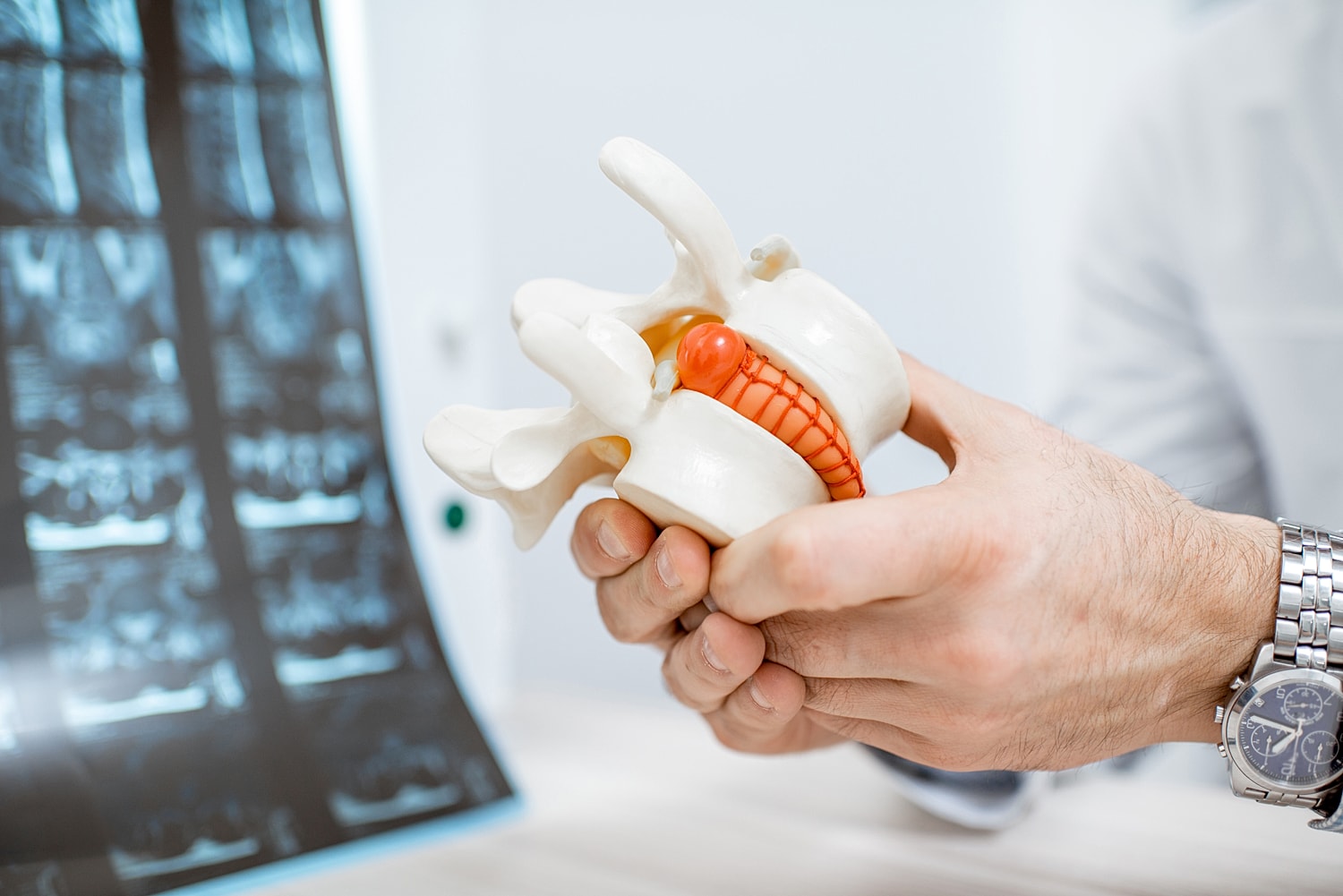
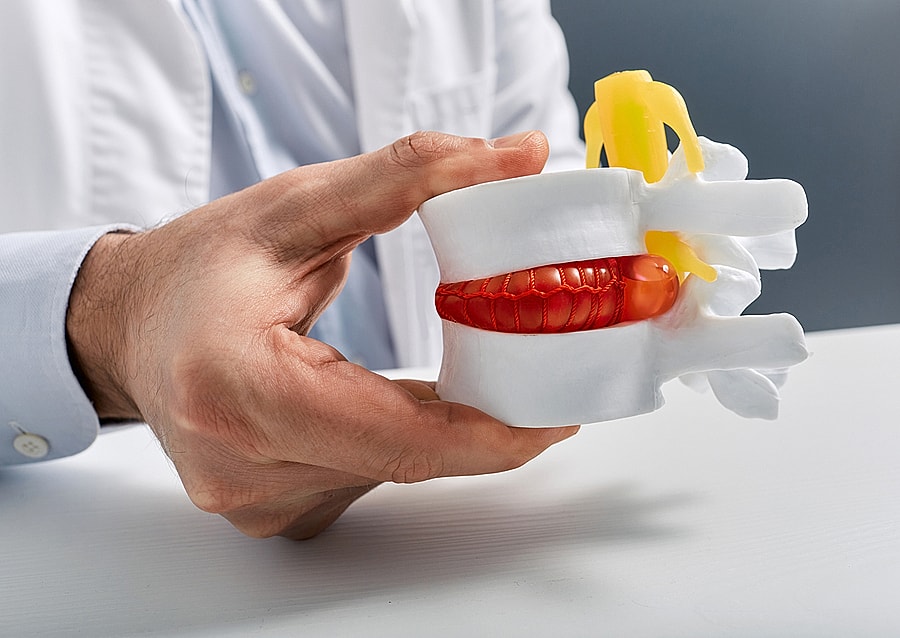

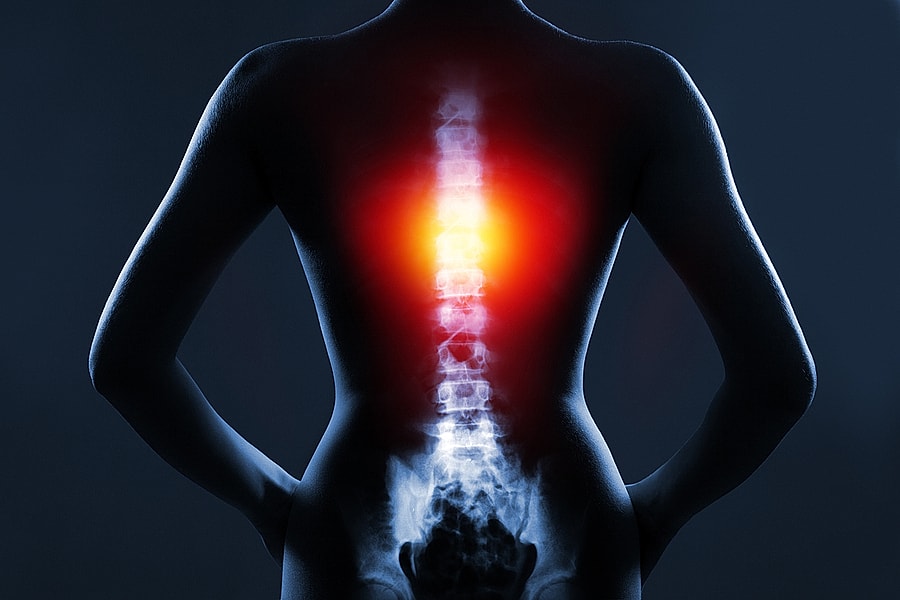

Symptoms can vary, but they often include back or neck pain, numbness or tingling, muscle weakness, and radiating pain in the arms or legs.
Diagnosis typically involves a physical exam and a review of your medical history. Imaging tests like X-rays, CT scans, or MRIs may also be used to provide a detailed view of your spine and locate the herniated disc.
Non-surgical treatments can include physical therapy, pain management techniques, epidural steroid injections, and lifestyle changes such as improved posture and regular exercise.
Surgery is usually considered if non-surgical treatments haven't worked after a reasonable period, or if symptoms are severe. Common procedures include discectomy, laminectomy, and microdiscectomy.
Keeping a healthy weight, maintaining good posture, exercising regularly, and avoiding heavy lifting or sudden movements can help prevent herniated discs.
Recovery times vary depending on the type of surgery and the individual patient. Some people may return to normal activities within a few weeks, while others may require several months.


